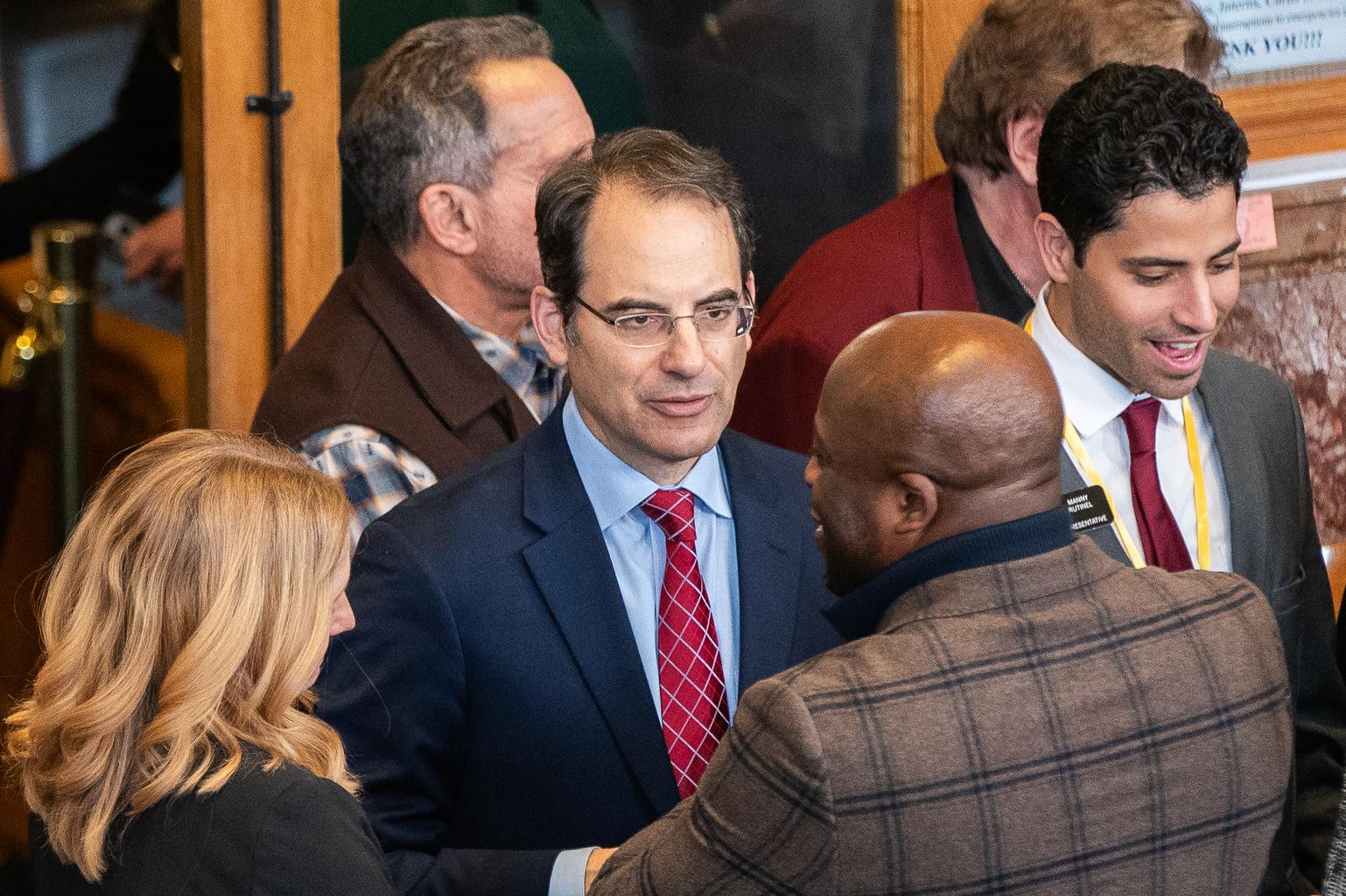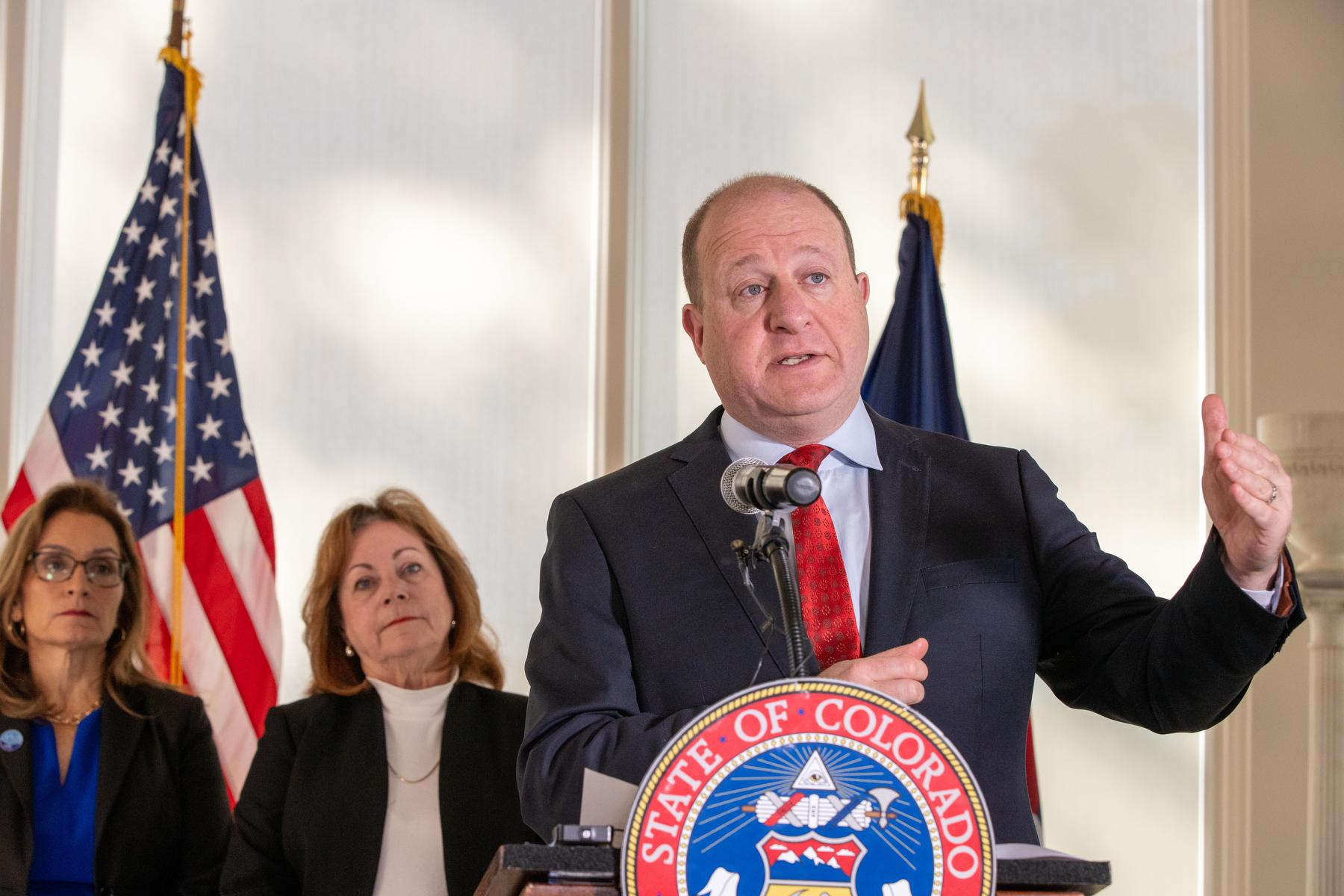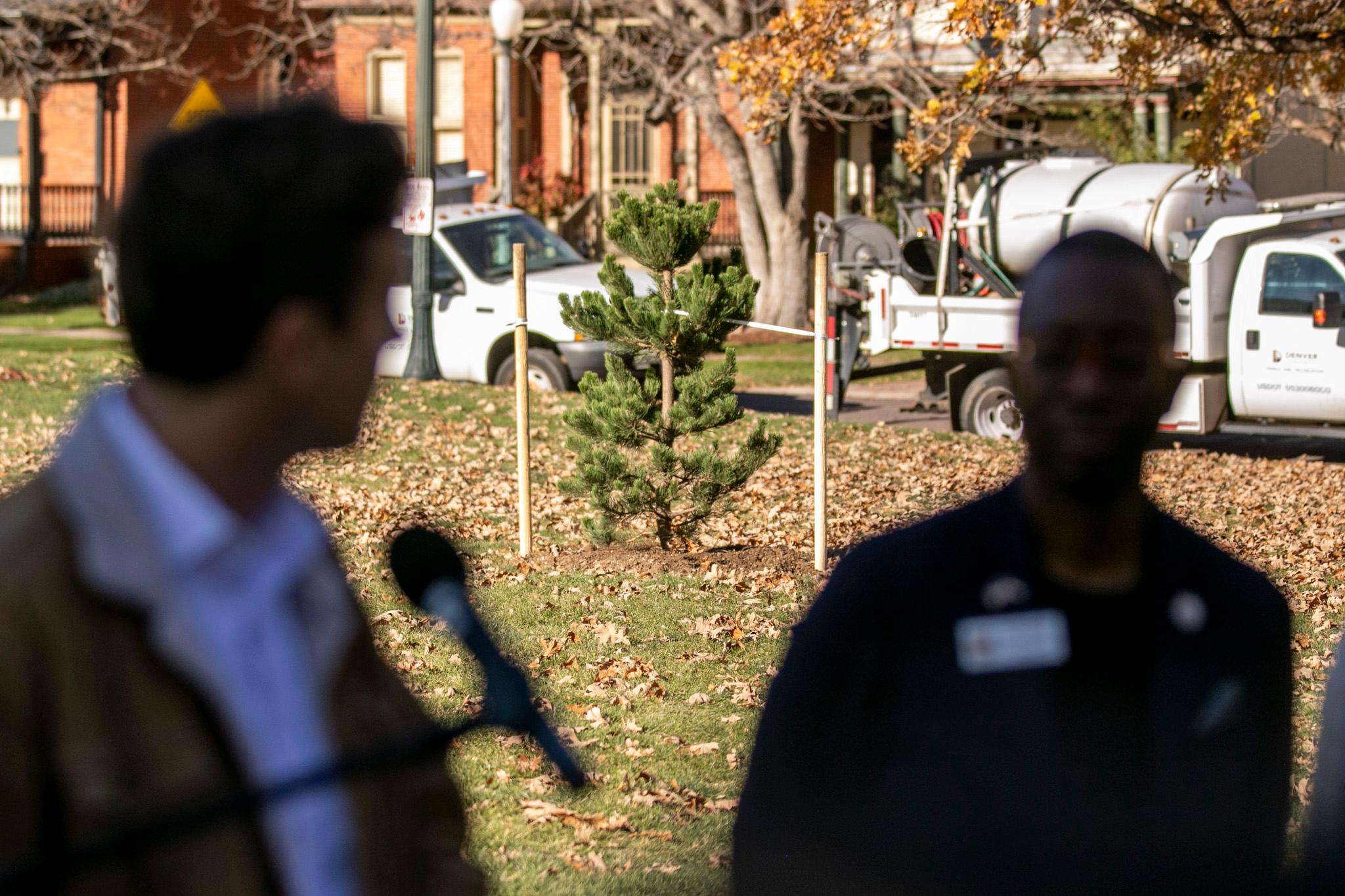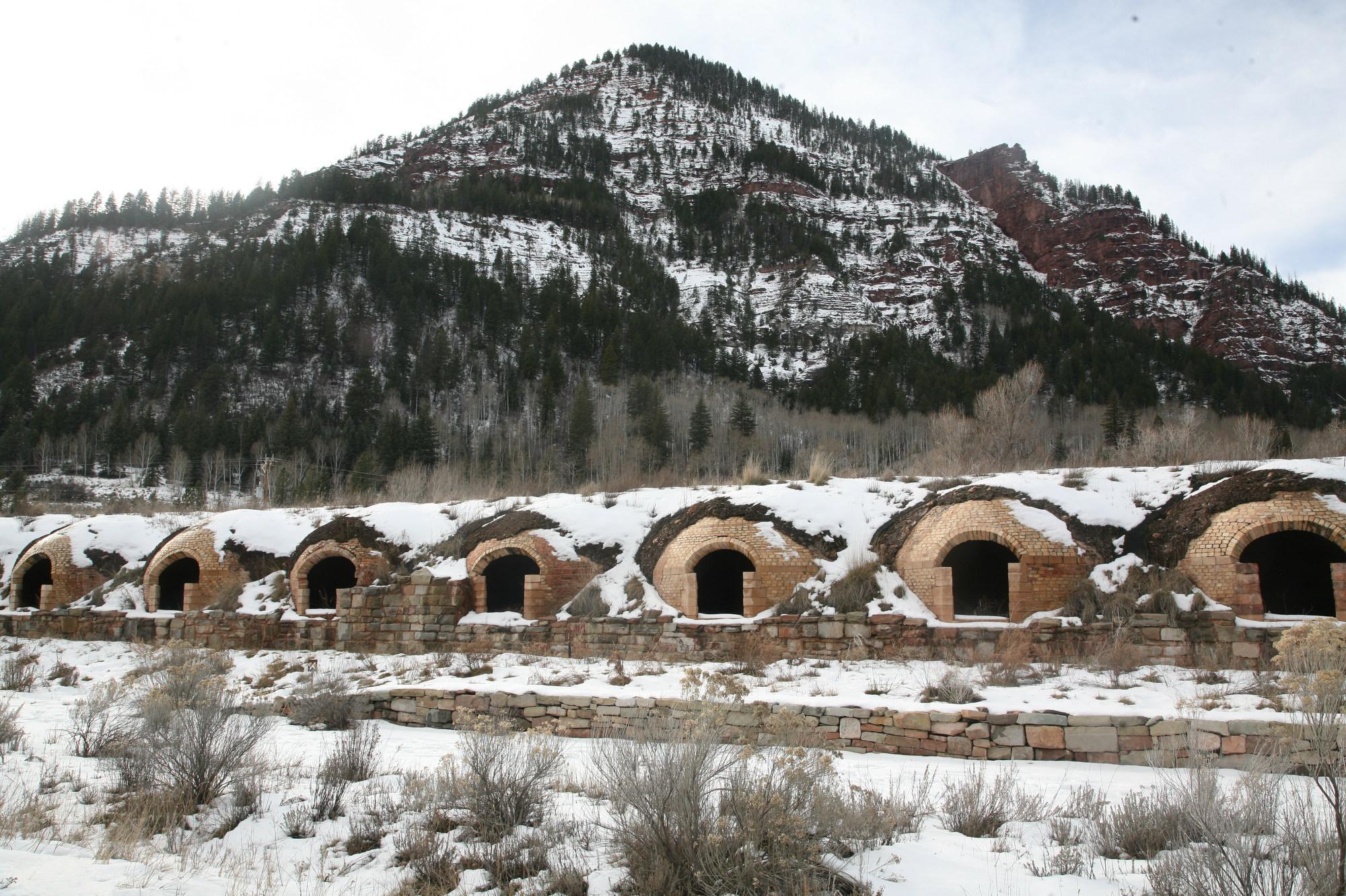
Colorado’s attorney general filed suit against Donald Trump less than a day after the 47th president took the oath of office. The lawsuit is in response to an executive order to restrict birthright citizenship, which is outlined in the 14th Amendment of the U.S. Constitution.
Phil Weiser, a Democrat, joins his counterparts in 18 states and the District of Columbia in challenging the new administration. San Francisco is also a party.
In an interview with Colorado Matters Senior Host Ryan Warner, Weiser explained why he is acting to thwart Trump, whom voters returned to the White House in no small part because of immigration.
This interview has been edited for length and clarity.
Ryan Warner: President Trump was catapulted to office in large part on the immigration issue. Why stand in his way here?
Phil Weiser: The Constitution makes very clear in the 14th Amendment that if you're born here on U.S. soil, you are a citizen. You have the rights of a citizen. Colorado has a lot of people who are here and will be here because of what's called birthright citizenship, I'm going to fight to protect them. It's happened twice before where this issue's come up. Both times, birthright citizenship was affirmed. This effort to undermine the Constitution by executive order is wrong. It’s not going to stand, and we're going to win in court.
Warner: The relevant constitutional amendment here indeed is the 14th. "All persons born in the United States and subject to the jurisdiction thereof are citizens." And perhaps the operative phrase is “subject to the jurisdiction thereof.” So the Trump administration argues if mom is unlawfully present and dad's not a citizen or permanent resident, that birthright doesn't apply. That is, they're not subject to “the jurisdiction thereof.” How do you interpret the 14th?
Weiser: Anyone who is here other than a couple special cases I'll get to in a minute, is subject to the jurisdiction. If you're here, and you're not documented, you're a DREAMer, for example, you're subject to U.S. jurisdiction. That means you have to follow U.S. laws, you can be prosecuted under U.S. laws, and you are part of America and our jurisdiction.
Here's where the exception comes into play. What if you're the child or you're a diplomat, you have diplomatic immunity, you might be in the U.S. but you're not subject to U.S. jurisdiction. Or let's say you're an invading soldier subject to the Geneva Convention but not U.S. laws, then you're not subject to jurisdiction. Those are narrow exceptions, but anyone who is here, whether they're documented or not, is subject to U.S. law and that narrow proviso, that narrow exception, should not be used to drive a truck through to turn a lot of people who are citizens into some other category.
Warner: Do you think birthright citizenship is abused or misused?
Weiser: I think that America has a commitment that we are a nation of immigrants, that we are welcoming, and that we allow people to become Americans by virtue of being born here. That's the spirit of what this nation's motto captures. E Pluribus Unum. Out of many, we are one. And for me, the child of an immigrant, a first-generation American, the child of a refugee, my mom and my grandparents came here after surviving the Holocaust, this idea of accepting and welcoming immigrants is personal to me, and I believe that this birthright citizenship policy is part of that spirit.
Warner: And you do not believe that it's abused or misused?
Weiser: I believe that when someone is born here, we make a choice in America, that we welcome them as U.S. citizens and that we are committed to this idea that everyone can be included in this great American story. We do have challenges in immigration. We should secure the border. We should make sure that we are not just essentially abdicating what is and must be a system of asylum or there are standards that are managed, but those are problems that can be fixed. This idea of undermining the Constitution isn't about fixing problems. It's about frankly leading people who have been part of our country and should be part of our country and trying to override the constitutional protection in a way that is unlawful.
Warner: States also challenging this executive order include any number that Mr. Trump won. Michigan, Nevada, North Carolina, Wisconsin, what does that tell us?
Weiser: The concern here comes down to a really basic principle. And you're going to see this when this case goes forward. Regardless of what party appointed someone who's sitting as a judge, they're going to look at the 14th Amendment, the language you read earlier, Ryan, and they're going to say that a president can't undo the Constitution with a stroke of a pen. And my colleagues who've looked at this are, like me: deeply concerned about what this executive order says about whether or not we will continue to honor the rule of law, the idea that the Constitution provides the framework for our nation, and a president alone can't undo the Constitution.
Warner: If the executive order were allowed to stand, what do you believe the effect would be on Colorado and Coloradans?
Weiser: Because we in Colorado do not just talk the talk, we walk the walk, Aurora is often referred to as the Ellis Island to the West, we have a lot of people who are here who are immigrants, who then have kids who are citizens because of this birthright citizenship. We need to make sure that people who are citizens continue to be respected as citizens because Colorado gets more money based on how many citizens we have. And if all of a sudden, you can undo this class of citizens, that's going to hurt us in Colorado, hurt how much money we get for healthcare, and other critical services the federal government supports.
Warner: In other words, you're saying that that would potentially de-rank those folks, and as a result, federal funding essentially based on our population would shrink commensurately.
Weiser: That's exactly right, Ryan. Right now, people in Colorado who are viewed as citizens because of birthright citizenships are part of the population that warrants federal funding. If you manage to shrink that population, pull people out of what counts as a citizen, it's going to hurt Colorado, and we're going to stand up for Colorado again and again. If the Trump administration or any other administration wants to do things that harm Colorado and is illegal, my job is to defend Colorado, that's what I'm doing in this case.
Warner: What would you advise expectant mothers who are in Colorado without citizenship or residency and soon to give birth?
Weiser: My view is very clear. Birthright citizenship is in the Constitution, and a president can't undo the Constitution with a stroke of a pen. I'm thus very confident that we're going to continue to honor this commitment that we're going to make sure the protections of our Constitution are followed and that's why we're taking this case on and we'll litigate it all the way up to the U.S. Supreme Court.
Warner: Do you think it'll get there?
Weiser: This depends on whether or not there are multiple cases in different circuit courts and whether or not there's any reason for the Supreme Court to get involved with the case of this significance, it's possible it'll get to the Supreme Court, but it's also possible that Circuit Courts will all agree: This is a clear, open and shut case, the text of the 14th Amendment speaks for itself, and that might mean the case ends at the Circuit Court of Appeals and never gets to the Supreme Court.
Warner: Anything that hospitals or state agencies that handle birth certificates should keep in mind at this time?
Weiser: One reason, Ryan, we're seeking to get temporary relief as soon as possible is so that we don't end up in some never-never land where people aren't sure what to follow, the text of the Constitution or an executive order. We believe we'll get temporary relief, and then ultimately permanent relief, so that no hospitals or no citizen has to worry about whether or not a newly born child is a U.S. citizen or not.
Warner: If SCOTUS were to side with Trump, would that spell the end of birthright citizenship or a narrowing of it?
Weiser: It's going to depend, Ryan, on how the Supreme Court handles this case. I have a hard time imagining how the Supreme Court upholds this executive order because it would overrule not just the text of the Constitution but prior cases. It seems very, very unlikely if there is any Supreme Court decision that gives some comfort to this order, it's going to be a dark day in our history, and we'll have to cross that bridge when we get to it.
Warner: Are there other executive orders you're looking to challenge as this new presidential administration gets off to a swift start?
Weiser: As you know, Ryan, there were a lot of executive orders that were signed immediately, and there are more that are coming out today. So we're going to keep analyzing them and the questions I ask: "Will the order harm Coloradans?" and second, "Is the order illegal?" When we find that to be the case, we are going to make a case of it, and we're going to stand up for Colorado and the rule of law.
Warner: You announced recently you're running for governor, and I'm cognizant of how careful you have to be not to campaign on official time. But to what extent is being a foil for the Trump administration a boon to your political aspirations?
Weiser: My job as attorney general is to do what's right for Colorado. And I'm going to do what's right regardless of any political consequences, that is my first and foremost responsibility and will continue to be what guides me as I do this important work on behalf of the people of Colorado.









